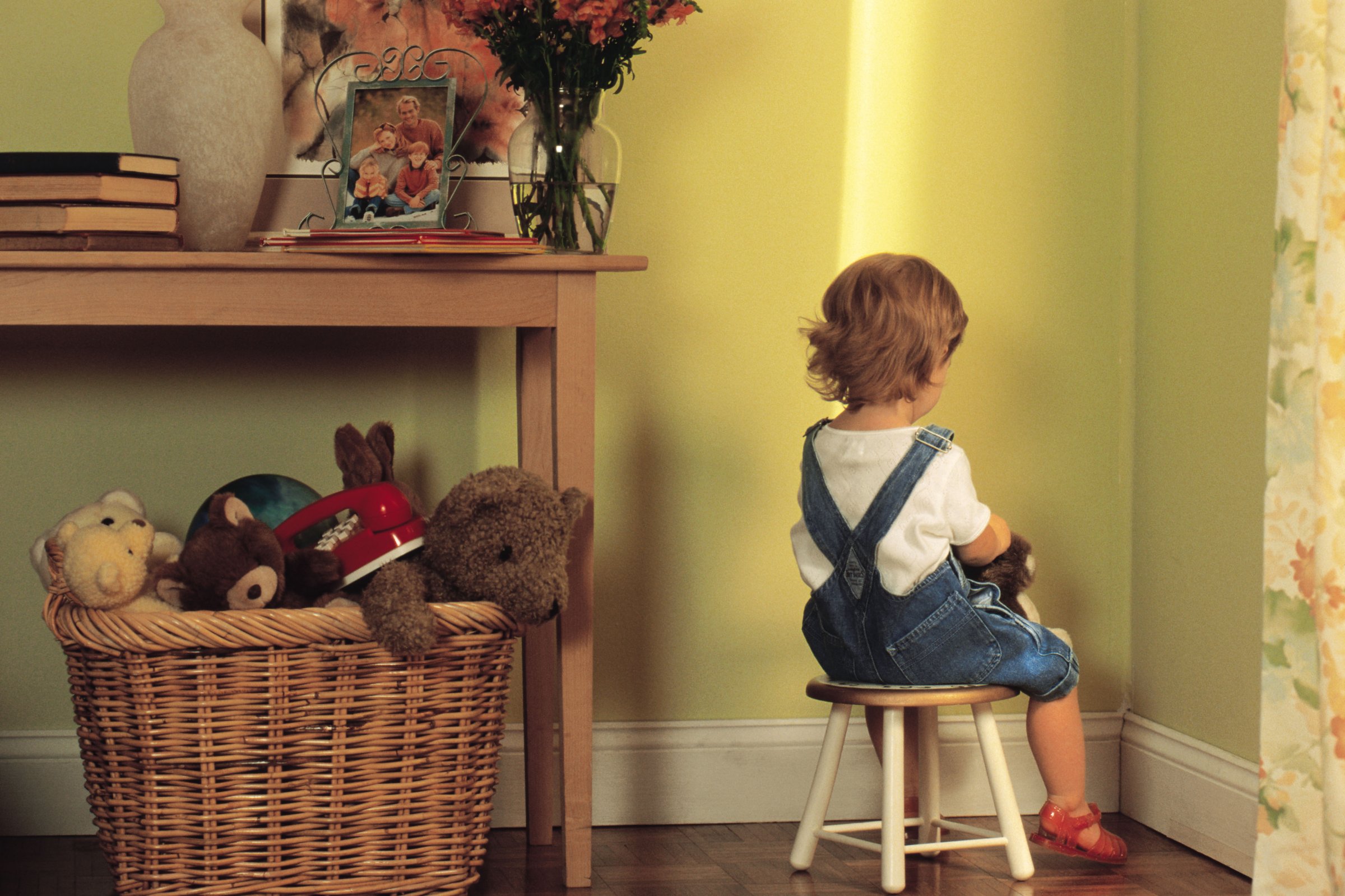
Do you punish your children when they’re caught in a lie? That’s what many parents do, but a new study from researchers at McGill University suggests it might be time for a different approach. The study finds that kids reprimanded for lying are more likely to bend the truth, while kids who are given a moral reason for truth-telling tend to believe that honesty is the best policy.
Researchers traced the effectiveness of punishment in 372 kids between the ages of 4 and 8, finding that children were less likely to tell the truth when threatened with punishment, and more likely to tell the truth when they thought it would please an adult.
In order to gauge the implications of punishment on a child’s propensity to lie, researchers placed each participant alone in a room with a toy, and asked the child not to peek at the toy for an entire minute. It’s hardly surprising that curiosity got the best of most children, with 67.5 percent peeking, and 66.5 percent of those who peeked going on to lie about it. (Note: older children were less likely to peek, but were also more likely to lie about peeking after they’d done so.)
“Children often lie to conceal transgressions,” says study researcher and McGill professor Victoria Talwar. “Having done something wrong or broken a rule, they may choose to lie to try to conceal it. After all, they know they may get in trouble for the transgression. Thus, punishment doesn’t have much of an effect. It doesn’t deter them from using the strategy of lying to try to get out of trouble.”
So, how should parents go about encouraging their children to tell the truth when the impulse to lie is so strong? McGill’s study indicates that kids respond best to a strong moral appeal for honesty. Younger children were inclined to tell the truth to make an adult happy, while older children were inclined to do so because of their own internalized definition of right and wrong –– facts that might come in handy when your little one is caught red handed with the leftover Halloween candy.
“Threats about punishment are not deterrents for lying, and they do not communicate why children should be honest,” says Talwar. “If a child is playing with a ball in the house and breaks your vase but tells the truth about it when asked, you should recognize that he came clean. He may still have consequences for his transgression, but the child learns that honesty is valued.”
These findings reinforce a more progressive approach to parenting, and indicate that it’s better to explain truth-telling to children using positive reinforcement than the threat of harsh consequences. “Globally, we generally think of lying as a negative behavior,” says Talwar. “However, we sometimes fail to recognize the positive behavior –– honesty. If a child is confessing his transgression, we need to recognize that he was honest.”
Read next: Parents Should Try Being Present Instead of Perfect
More Must-Reads from TIME
- Cybersecurity Experts Are Sounding the Alarm on DOGE
- Meet the 2025 Women of the Year
- The Harsh Truth About Disability Inclusion
- Why Do More Young Adults Have Cancer?
- Colman Domingo Leads With Radical Love
- How to Get Better at Doing Things Alone
- Michelle Zauner Stares Down the Darkness
Contact us at letters@time.com